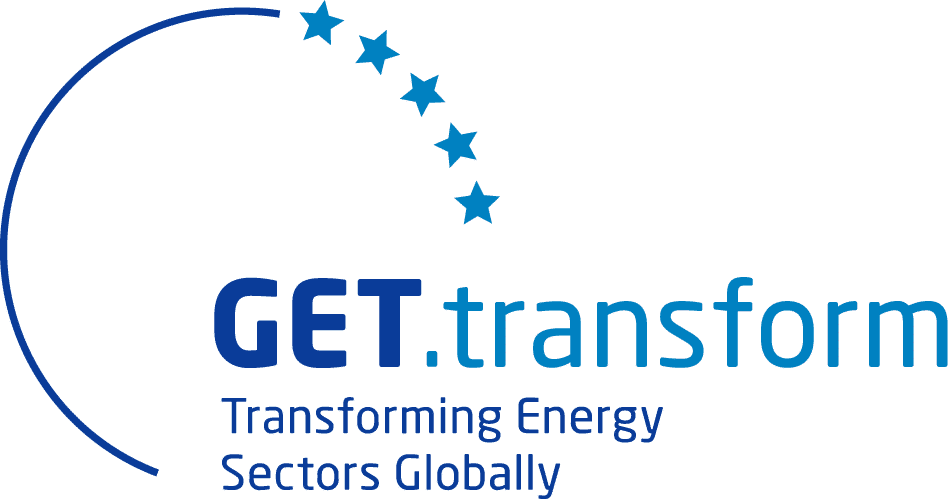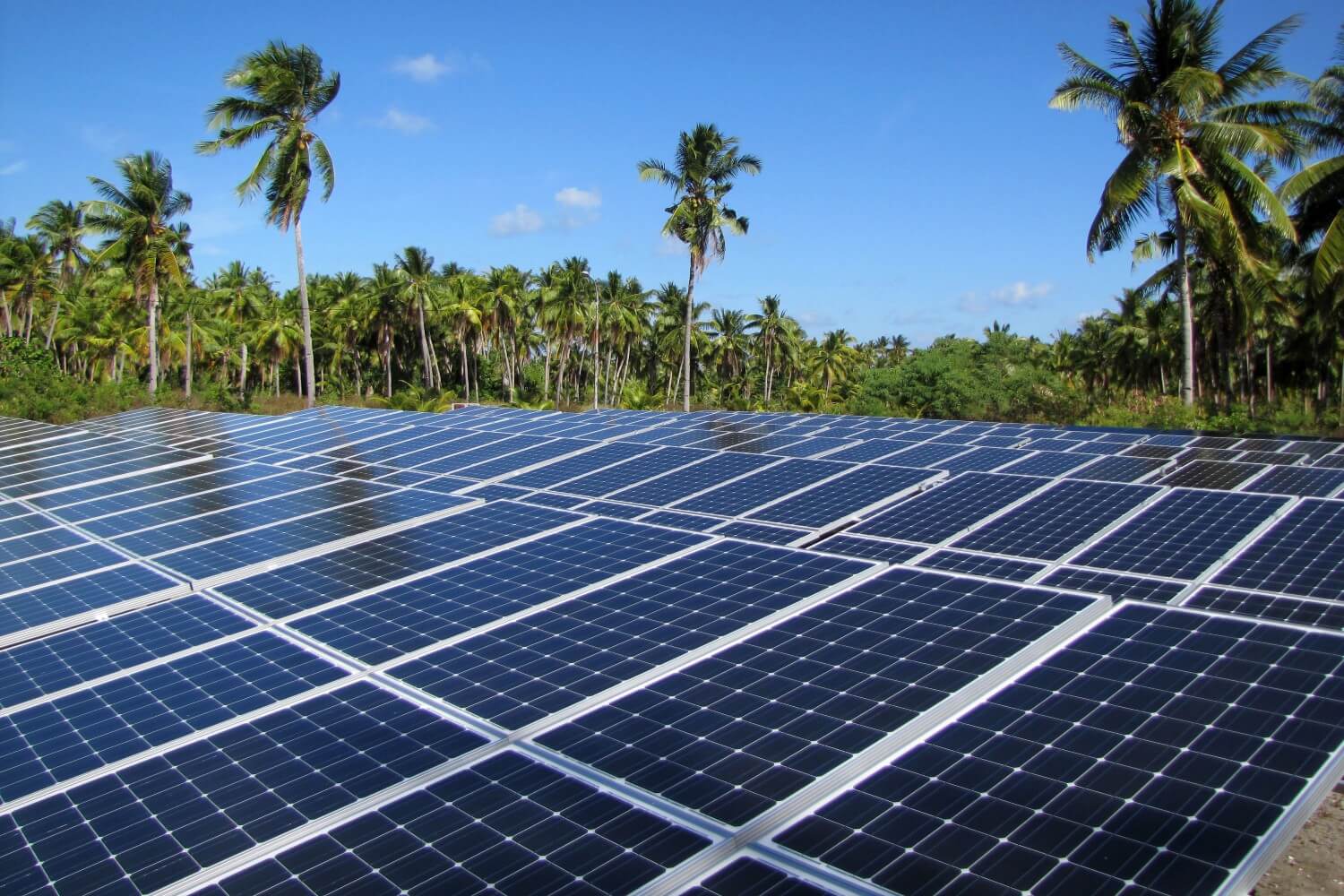A new manual on Distributed Renewable Energy (DRE) highlights the role technical assistance can play in developing favourable conditions for DRE deployment in Africa, as supported by GIZ projects organised under the Sector Network Energy in Sub-Sahara Africa (SN Energy SSA). It has been prepared under the guidance of the Working Group on Grid-Connected Renewable Energy, the South African-German Energy Programme (SAGEN), Strengthening the Market for Solar Power in Tunisia (RMS) and GET.transform. The manual serves as a reference document for policy-makers and technical assistance providers looking to implement DRE projects.
DRE offer countries an opportunity to decarbonise their electricity grid, reduce their dependence on imported fuels, create new economic activities, and increase the democratisation of energy. The development or strengthening of DRE markets requires reviewing a broad array of technical, regulatory, and economic considerations to ensure their sustainability. Recognising the diversity in economic conditions and unique political climates, this manual identifies themes that cut across these differences and focuses on three principal areas of support and analyses:
- Technical: developing or enhancing the technical requirements for interconnection of DREs
- Regulatory and policy: setting-up a robust regulatory structure for DREs
- Financial and economic: promoting economic analyses to support informed, evidence-based DRE policy-making
The manual uses a variety of case studies from South Africa and Tunisia to illustrate how these principle areas of support were applied in practice. While the focus of the analysis lies on Africa, many of the themes covered are globally applicable.



